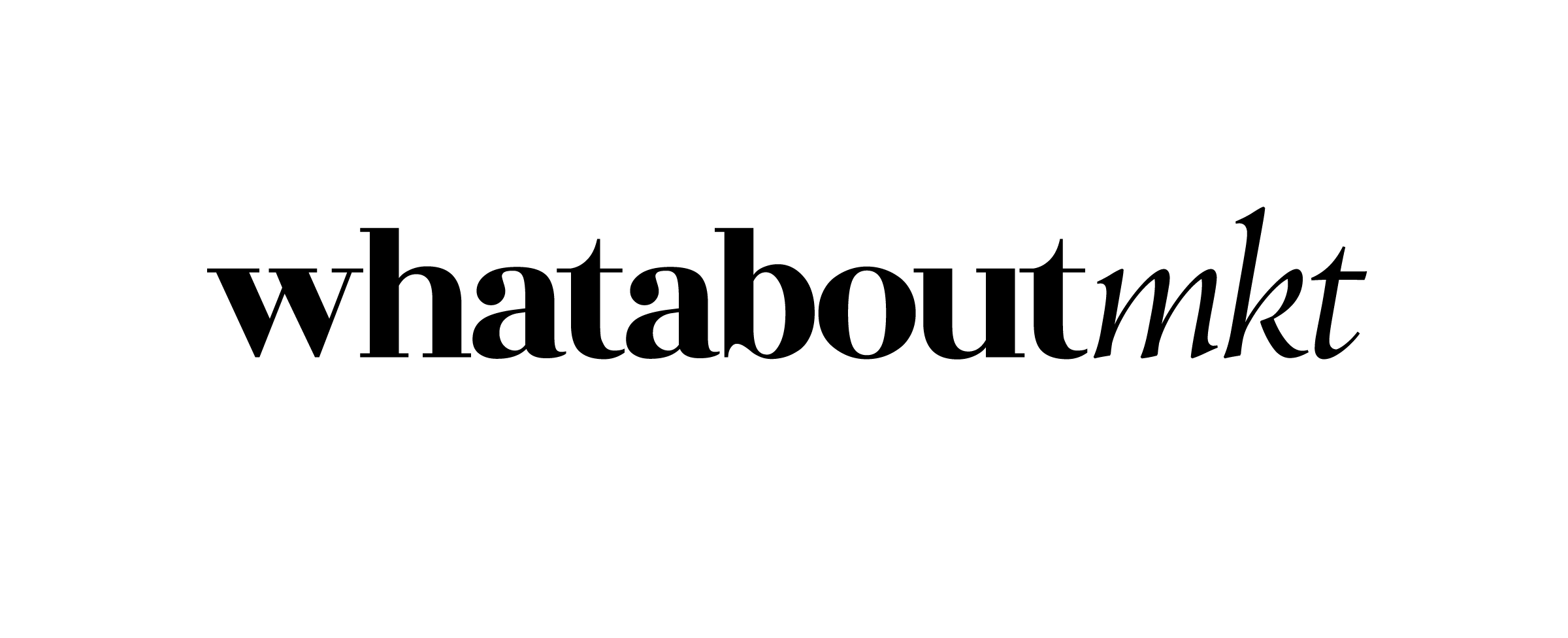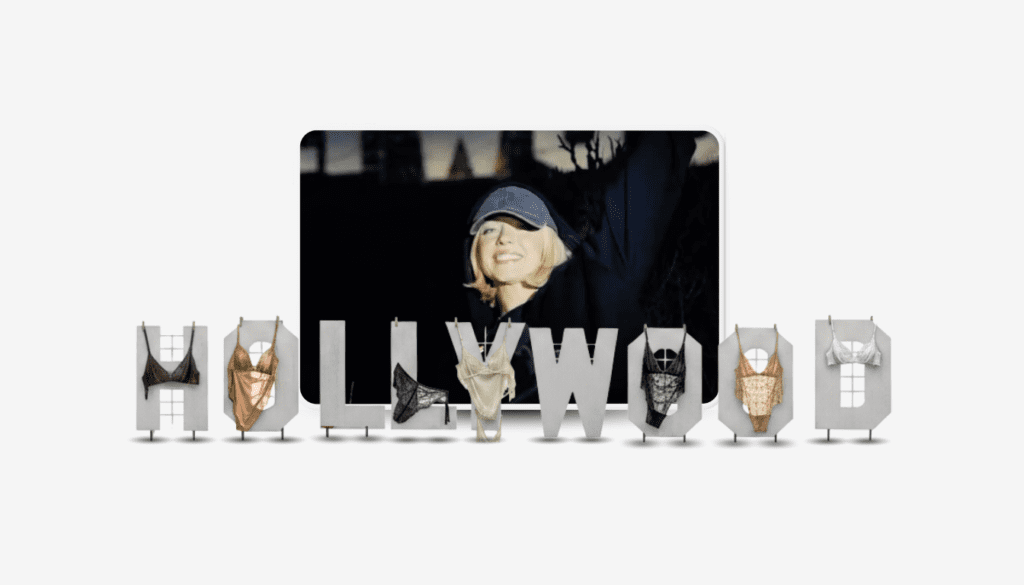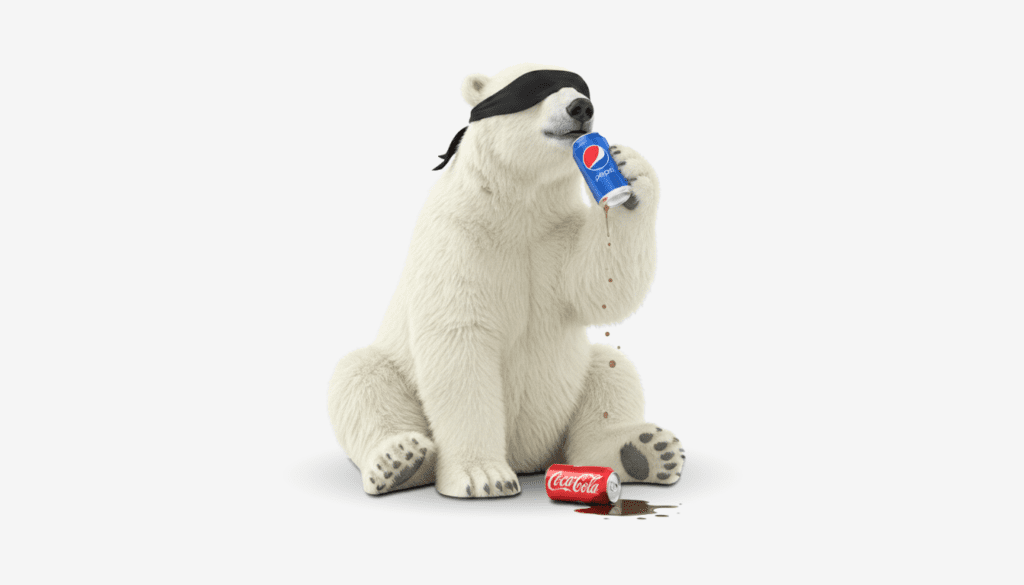Fifteen years is a long time to leave any franchise on the bench, especially one that built a cult around feeling rather than flash. EA’s skate. It’s back with “Drop In,” a brand platform and launch campaign from Uncommon Creative Studio that does something rare in big-budget gaming; it hands the microphone to the people who kept the lights on, rather than declaring a triumphant return with feature lists and cinematic bombast*.* Reenters as a live, evolving space “made by and for” the skate community, meeting players where they already are, offline at spots, online in edits and forums, and inviting them to co-author the future.
This feature informs the creative, casting, and production methods, as well as the business model, and the result is a comeback positioned less as a moment than a movement, a patient bet that authenticity compounds when you give a culture room to breathe.
A Film That Skates the Line Between Reality and Play
The campaign’s center of gravity is a surreal short shot in Mexico City that feels like a lovingly scuffed VHS tape spliced with the sandbox logic of a game engine. Pros and scene legends, among them Ishod Wair, Atiba Jefferson, Yurin Fuji, Jerry Hsu, David Gravette, Kiki Kakitani, Sean Malto, and Breana Geering, share the frame with street-cast locals who lend the piece its pulse and latitude. The camera belongs to a skater; the movements read like lines; the city is treated as a living level, not a backdrop.
Crucially, the transitions from real clips to in-game physics are not treated as a magic trick to be admired, but as a shared language. The film borrows the textures of classic skate videos, including quick cuts, fisheye intimacy, and ambient grit, then bends gravity just enough to remind viewers what’s possible in a world where “anyone can skate anything.” By styling the game like the culture, and not the other way around, skate. Earns permission to inhabit that culture’s visual grammar.
Platform Thinking Over Promo Thinking
The strategic choice underpinning “Drop In” is to behave like a platform from day one. Skate. Launches free-to-download across current and last-gen consoles and PC, with cross-play and an always-on roadmap. Lowering the price barrier is not only a conversion tactic; it’s a statement about who gets to enter the conversation. Cosmetics and optional purchases will fund development, but the promise is clear: the stage is open, progression and play are not paywalled, and the most valuable asset is community time.
That platform stance also changes what “media” looks like. Streaming TV spots, social cut-downs, console placements, and game-hub takeovers remain essential for scale. Yet, the real oxygen will come from the network effect: creator clips built on Mexico City’s spots, local crews remixing the film’s beats, and new city arcs that replicate the formula in places like São Paulo, Tokyo, or Paris. In a category conditioned to think in launch windows, skate. Is organizing for seasons.
Authenticity as an Operating System
Advertising’s favorite word—authenticity—rarely survives the production brief. Here it shows up in the receipts. Street-casting one hundred local skaters gives the film a rhythm that cannot be faked. Hiring a skater as a cinematographer changes the angles you get and the risks you’re willing to take. Building temporary features to make the city more skatable is not production design; it’s respect. Those choices matter to an audience that spots borrowed credibility on first glance.
The creative also resists the temptation to flatten a global culture into a glossed-over montage. Mexico City is not an exotic postcard; it is a character. Tiles, curbs, traffic patterns, and the geometry of ordinary streets are treated as design elements, just as skaters perceive them. That perspective is the connective tissue between the physical world and San Vansterdam, the game’s sprawling playground, the same hunt for lines, the same invitation to try and fail, the same rush when a spot “opens” in your head.
Navigating the Risks of an Open Door
Open platforms are messy by design, and that’s by design. Enters Early Access with all the feedback loops that imply. Some players will rail against art choices; others will want legacy modes day one; still others will find bugs that only scale can reveal. The “made with the community” posture works only if the team treats public sentiment not as a hurdle but as a product input. Transparent patch notes, rapid hotfixes, and creator-facing roadmaps will determine whether goodwill compounds or curdles.
Monetization optics are another live wire. Cosmetics are the norm across free-to-play games, but the brand must guard against anything that feels like a return of old industry tropes. Clear commitments, no pay-to-win, no locked maps, no progression gates, are as much brand guardianship as they are user policy. In the same way the film blurs the line between IRL and game without breaking trust, the economy should reward expression without taxing the core loop.
From Launch Film to Cultural Engine
The smartest aspect of “Drop In” may be that it is designed to be stolen, in the best sense. The Mexico City piece is a catalyst, not a conclusion. It sets a tone that local crews can adopt and adapt; it models a way of filming and skating that creators can build upon; it invites players to submit their own spots and edits, and to see those ideas reflected in seasonal updates. The campaign’s claim to be “built by and for the community” is credible precisely because the mechanics to prove it are already in motion.
If skate. Keeps shipping with that spirit, fixing fast, crediting contributors, and letting cities and scenes author their chapters, this relaunch can become something bigger than a nostalgia play. It can be a durable cultural engine that turns a comeback into an open-ended collaboration, where the best ideas arrive from the outside and the game is nimble enough to keep up.









